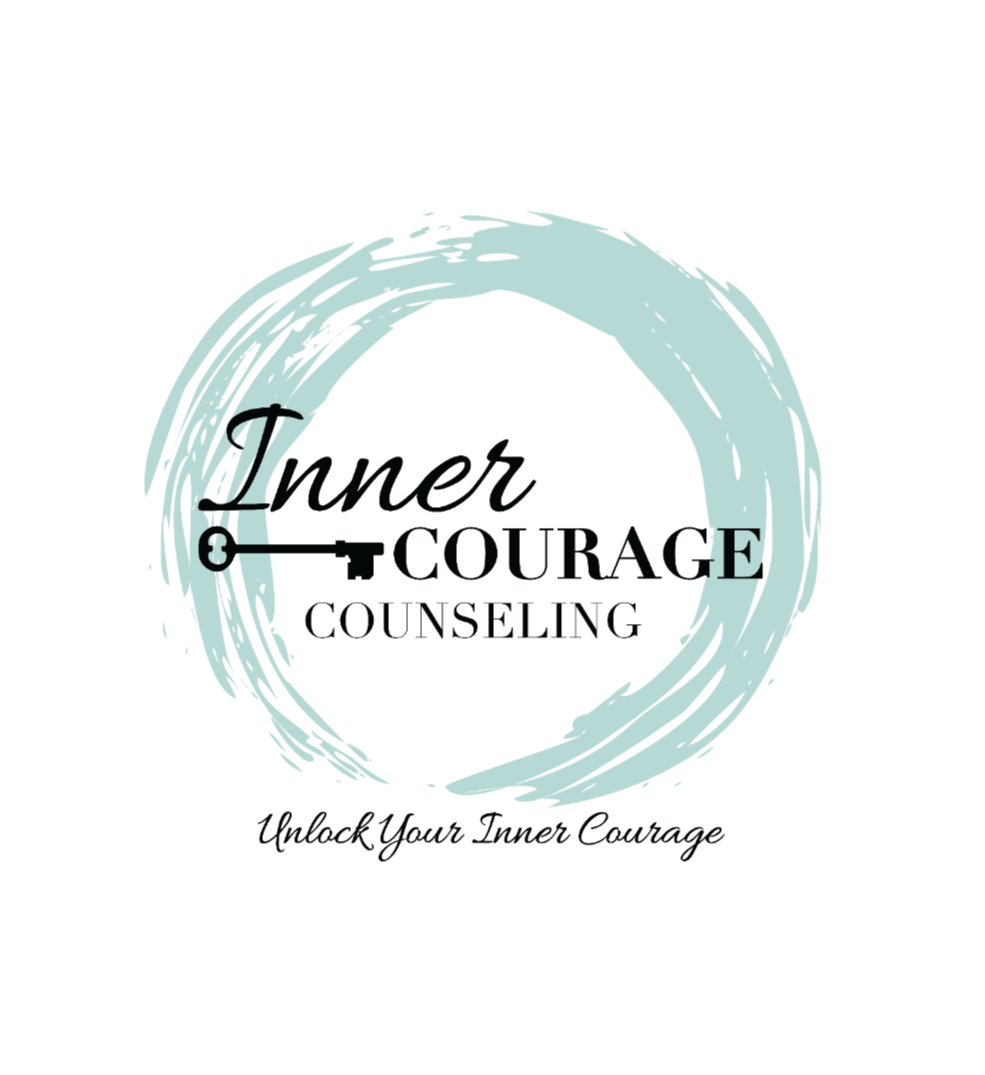Tips to Help You or Your Child Struggling with Negative Body Image or Eating Disorder

By: Erin Oberman, Masters Level Intern
It’s the morning of your favorite holiday and the smell of cinnamon, chocolate and pumpkin fill the air as you are comforted by nostalgia of tradition. You feel warm, happy, and eager to see family and eat some delicious food. However, if you or your child is struggling with negative body image or an eating disorder, holidays can be an anxiety provoking day with an entire holiday centered around food and family. When everyday snacks and meals are a challenge, holiday meals can amplify the stress and create a bunch of new challenges. One added challenge can be adding both immediate and extended family into the mix, and for some, this can create stress regarding judgement of what you are eating, along with unsolicited comments regarding your or your child’s body.
Keep in mind each individual struggling is different. This guide is not intended to replace therapy, but rather to serve as a guide to help you or your child during the holiday season.
Tips if you are struggling
Build your support system. Identify a supportive friend or family member who will be attending the event(s) with you. Disclose to them you are struggling and will need their help to possibly navigate a difficult interaction with someone at the event and may need help getting out of the conversation.
Allow your support to help you eat. Negative thoughts about your body can cause you to doubt yourself and how you feed yourself on this day. Use your identified support person as your guide and keep in mind that what they eat is also OK for you to eat. Rely on this person to be your dose of reality during the meal.
No set rules for eating. You are in charge of your body, and you can eat what you want and portion what you want. It can be difficult and overwhelming to know what and how much food to eat. Following your identified support’s pace can help, but keep in mind you have a right to eat what you want. To remain mindful, use conversation during the holiday meal.
Have a plan. Speak with your therapist or dietician to come up with a plan for what to eat at the meal. Discus coping strategies and bring necessary tools with you should a family member become judgmental or critical. Developing a plan can make you feel in control and ready to respond when things get challenging. Remind yourself that you can’t control what others do or say, but you can be prepared.
Remember your eating disorder is a liar. If you are struggling with an eating disorder, remember it is going to lie to you about your body, the foods presented, and people at the gathering. It is possible your eating disorder will convince you of upsetting things. Keep in mind your eating disorder is lying and doesn’t have your best interests at heart. Talk to your therapist about the difference between your recovery thoughts and the eating disorder thoughts. Create a plan ahead of time for how you want to challenge those thoughts such as positive affirmations or coping strategies mentioned previously.
Manage your social media intentionally. Be conscious of who you follow on social media during the holiday season. Perhaps remove notifications, unfollow certain pages or limit overall screen time during the season. Be aware of diet talk and weight loss talk on these pages and how that can trigger you, especially as New Year resolution’s come into conversation.
Tips if your child is struggling
Create a plan with them. Talk to your child prior to the event. Let them know you empathize and understand how this holiday can bring up difficult emotions. Discuss what food will likely be served and if possible, plan to prepare a dish to share that you know they prefer to eat. It can be helpful to pre-pack snacks or preffered meals they feel more comfortable eating. Unless decided before the event, stay away from challenging them to try new foods. Although this may be well-intended, it could contribute to their food related anxiety. Plan for yourself or a supportive friend/family member to sit next to them at the table.
Bring coping skills toolbox. Pack preferred coping strategies and have them accessible for your child at the event.
Be aware of diet-culture talk at the table. It isn’t uncommon for conversation to drift to topics about weight-loss, calorie counting or exercise during the meal. Attempt to change the topic to more neutral topics that won’t be potentially triggering for your child.
Have an exit strategy. When creating your plan with your child before the event, discuss an exit strategy in case they start to feel overwhelmed and need to leave the table or event. Possibly create a code word that can get your attention immediately if they need your support in the moment.
References
7 tips for getting through Thanksgiving in eating disorder recovery. National Eating Disorders Association. (2018, February 20). Retrieved November 9, 2021, from https://www.nationaleatingdisorders.org/blog/7-tips-getting-through-thanksgiving-eating-disorder-recovery.
How to navigate Thanksgiving with your child’s eating disorder. Eating and Body Image Therapy Center. (2021, November 1). Retrieved November 9, 2021, from https://www.thebodyimagecenter.com/2021/11/01/how-to-navigate-thanksgiving-with-your-childs-eating-disorder/.

